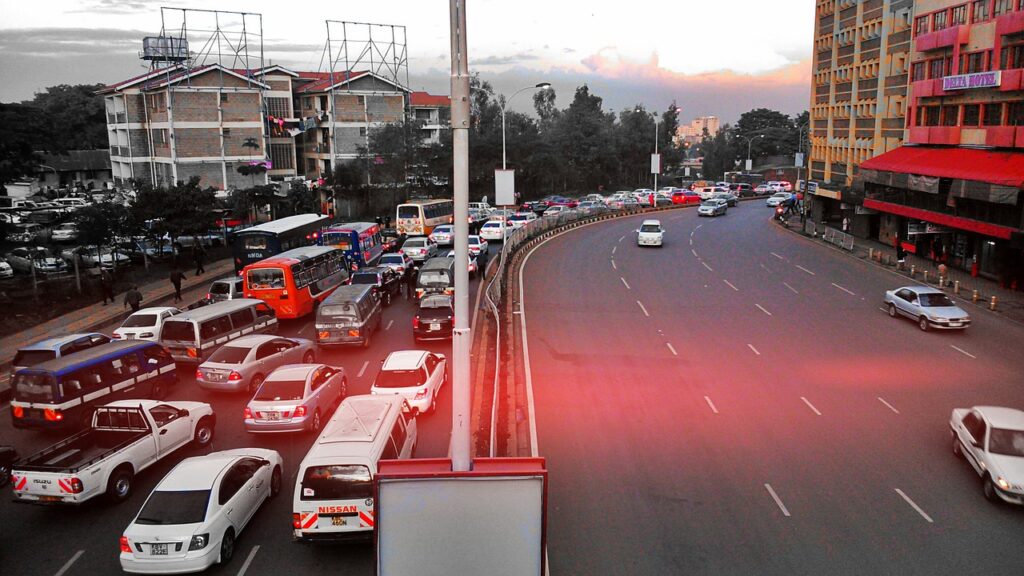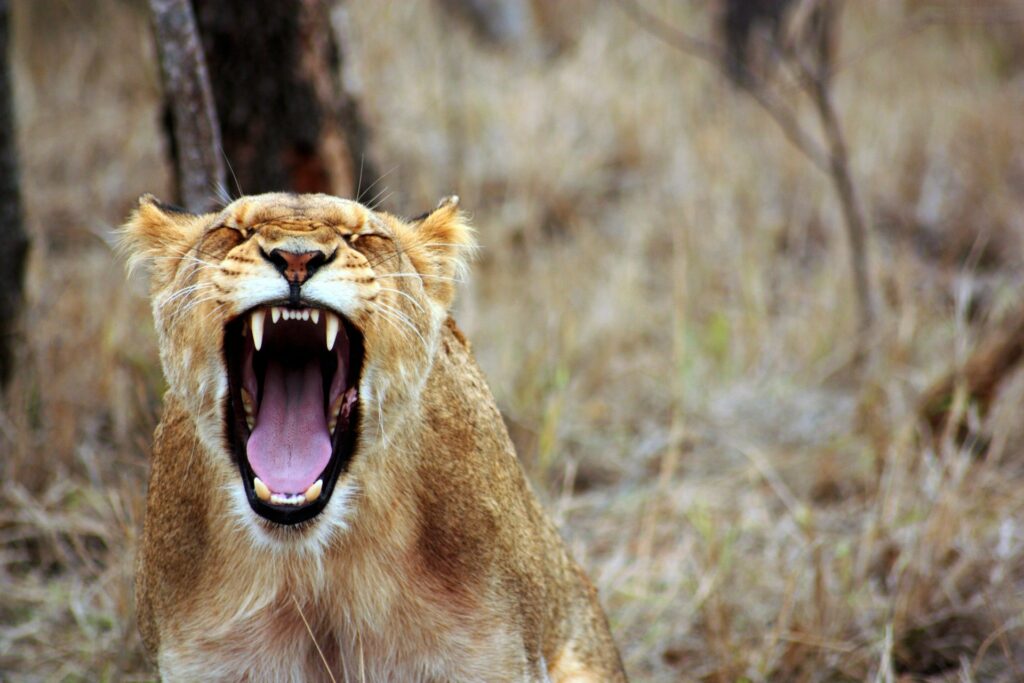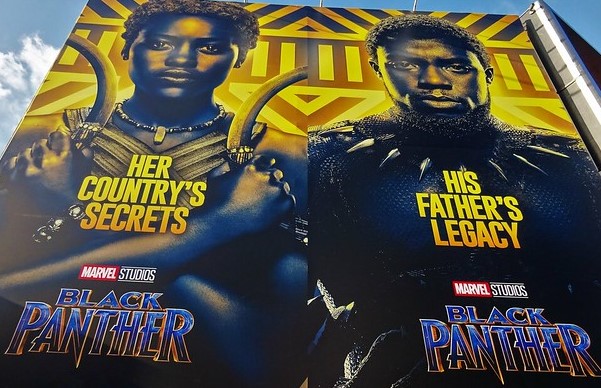Black Panther: Shattering negative stereotypes about Africa
June 13
Africa is often depicted as a needy “dark continent” characterised by primeval irrationality, tribal anarchy, civil war, political instability, flagrant corruption, incompetent leadership, famine and starvation, and rampant disease, writes Lonjezo Idrissa, a 22-year-old Commonwealth Correspondent from Zomba, Malawi. How could a Hollywood blockbuster help change these negative stereotypes?
Since most people in the United States of America have never visited Africa, many believe what is depicted in movies like Coming to America, starring Eddie Murphy. Produced in 1988 when most African countries were at the early stages of modern development, Coming to America depicts Africa as one bushy country where wild animals like elephants and giraffes roam free in people’s backyards and where the king wears a dead lion around his shoulders.
Many other movies of the same nature such as Tarzan, George of the Jungle, Mr. Bones, The Jungle Book, The Lion King, Out of Africa, and Tears of the Sun depict Africa as a place of primitiveness, feudal hierarchy, male chauvinism and ignorance.
Even today, decades after some of these movies were made, many Westerners and non-Africans do not know that the whole notion of Africa as a jungle, a country where people fight for no reason, a place where wild animals roam free and where diseases are rampant is a myth.
As early as 1964, the late American boxing legend Muhammad Ali, who visited Ghana, Nigeria, Egypt, Senegal, Algeria, and Morocco, was amazed with Africa and told the reporters: “They never told us about your beautiful flowers, magnificent hotels, beautiful houses, beaches, great hospitals, schools and universities.”

Image by Johnson Juma from Pixabay
More recently, movies like Black Panther, directed by African-American Ryan Coogler, have sought to provide a cultural response to the perception that Africa is backward.
Black Panther, released in February 2018, is not just the first Marvel superhero movie set in a black-ruled nation. It is a clear response that shatters long-held negative stereotypes that have stagnated in the minds of many.
The movie depicts the beauty, genius, courage and compassion of Africans and their diaspora, as well as the challenges with which many continue to grapple. It answers the question ‘what would Africa look like if it had never been colonised’. It also portrays what role such an Africa would play in today’s global landscape, the slave trade and the plundering of its resources. The movie also provocatively asks what should be done to set things right.
Black Panther counters media distortions. It depicts the people of Marvel’s mythical Wakanda as loving fathers, mothers and siblings. They are creators and users of technology in a technologically-advanced nation. They are financially responsible and secure. They are peace-loving and ethical. The movie highlights the role of women, so no one is undermined. It shows the empowerment of women and gender equality at play.
If the world of Wakanda is not beyond imagination, why is it hard for people to believe that a positive side of Africa exists? Firstly, ignorance and lack of context about Africa by Western media has caused Africa to be perceived negatively. Unawareness of Africa as an entire continent with different geographical settings means it is portrayed as very hot because of the presence of Sahara and Kalahari deserts.

Popular Western television channels such as National Geographic and Discovery’s Animal Planet showcase wild animals in African forests, deserts and savannahs. Although they have good intentions, they may create a perception that Africa has no modern cities.
The only exposure to Africa many non-Africans have is wars, disease and poverty. For example, when my grandfather took pictures from Malawi of modern cars, tall buildings such as the Chayamba Trust building to the US when he was going for his further studies, a lot of people were astonished that that was Africa.
In addition, since African history (through an African lens) is not taught in Western schools, children and young people are often exposed only to negative stereotypes in books, new media, advertisements, films, and TV programmes.
Academic analysis and writings about Africa are also another reason for the negative image of Africa. Some writers and publishers sell their books by using negative imagery about Africa to capture the attention of readers.

Image by bhossfeld from Pixabay
Personalisation bias is another reason why Africa is perceived negatively. Personalisation bias refers to the media’s focus on emotional human-interest stories rather than presenting the larger social, economic or political issues involved.
For example, the 2014 Ebola crisis which only affected a few regions in three West African countries, was presented by many international media outlets as an epidemic affecting the entire continent. Headlines like “US Sends Team to Fight African Ebola Outbreak” by NBC News would give readers the impression that the whole of Africa was affected by the outbreak.
During the 1984-1985 famine which affected some parts of Ethiopia and some East African countries, images of malnourished infants with flies on their mouths were beamed and printed across the world. Although the famine only affected some regions of Ethiopia and Eritrea, most Westerners viewed it as a crisis covering the whole continent.
Lastly, the activities of Western-based non-governmental agencies (NGOs) have sometimes resulted in the negative portrayal of Africa in media. Some NGOs, in their quest to raise funds, strategically use images of people in abject poverty to prompt viewers in Western countries to donate funds. This perpetuates the myth that all Africans are poor and helpless.
Like Black Panther’s Ryan Coogler, we need more film producers, writers, journalists and NGOs to focus on the many positive stories about Africa. If they can use the same enthusiasm to share the good news as they do the bad news, then the world would eventually see that Africa is not the dark continent they have always thought it was.
Main Photo Credit: David Holt
About me: I am a student at the University of Malawi, Chancellor College, studying Bachelor of Arts Communication and Cultural Studies (majoring in Public Relations). I am a writer, poet, editor, social critic, an advocate of different fields, researcher, motivational speaker, and would like to be a public relations manager. I love writing because I like encouraging young people, and adults to be strong, hardworking, to focus on their lives, and to be aware of some the challenging matters in the society and their solutions.:
………………………………………………………………………………………………………………
Opinions expressed in this article are those of the author and do not necessarily represent the views of the Commonwealth Youth Programme. Articles are published in a spirit of dialogue, respect and understanding. If you disagree, why not submit a response?
To learn more about becoming a Commonwealth Correspondent please visit: http://www.yourcommonwealth.org/submit-articles/




